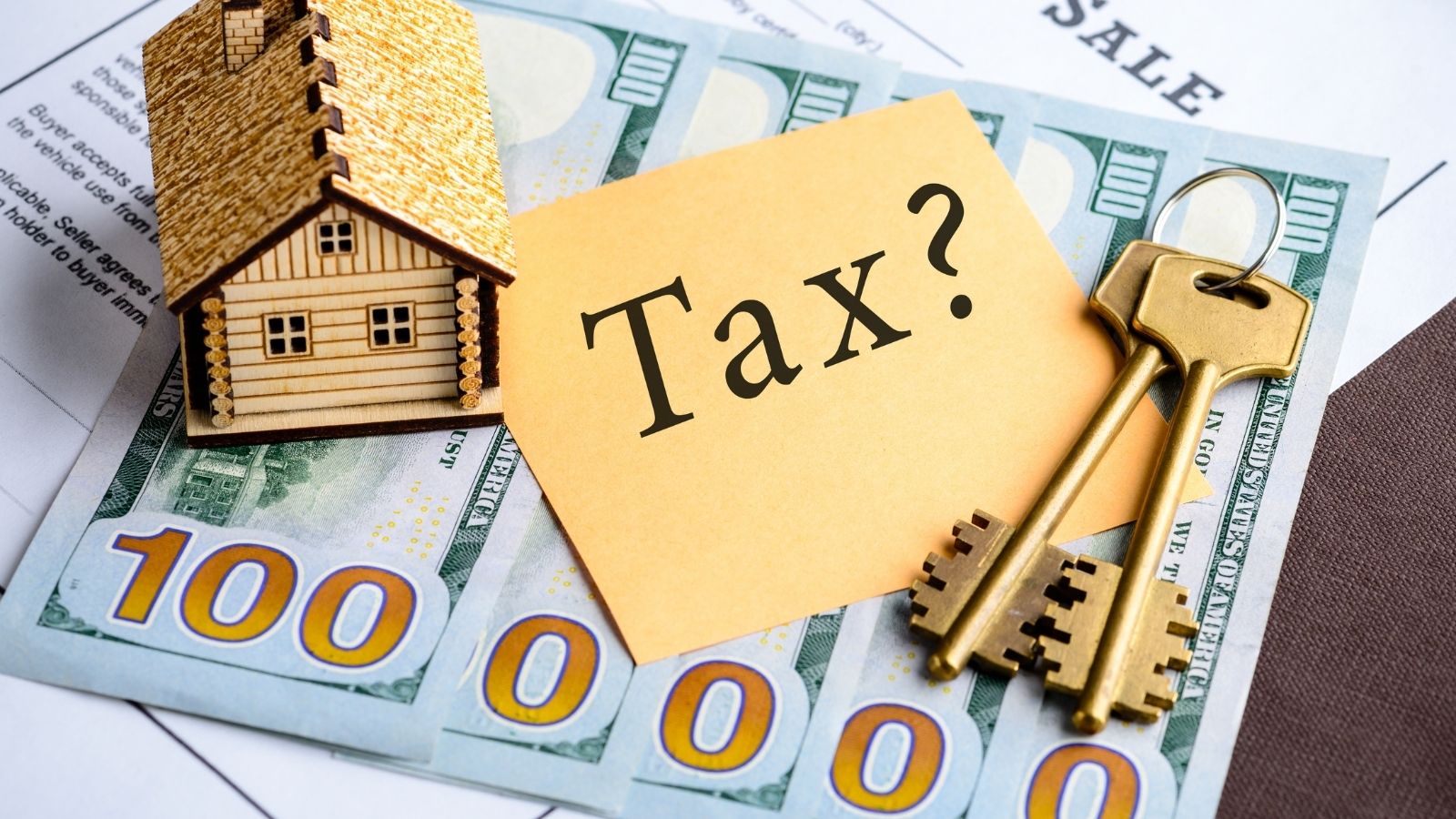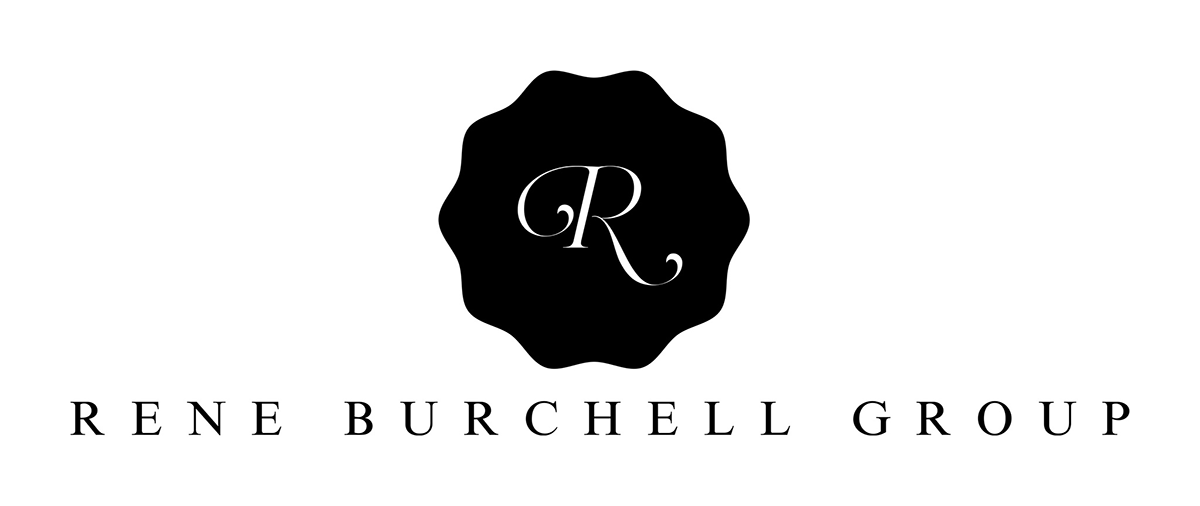The decision to purchase property isn’t as simple as picking the house you want out of a real estate website. Most buyers research homes and neighborhoods that they are interested in. They evaluate their finances to determine what they can afford and work with a realtor to find houses that meet their criteria. Many of them attend showings so that they can visually inspect the interior and exterior of different homes before making an offer.
A house is one of the most expensive items that most people will ever buy, so it’s okay to take your time. You don’t have to set your sights on the first home that pops up. Some buyers are concerned about taxes that may need to be paid after the home that they’re interested in has been bought. There are usually some taxes associated with the transaction, but not as many for home buyers as there are for home sellers.
Buying a home in Texas can take time. Even if you have a highly motivated seller, the entire process may not be completed for several weeks or months. There are specific actions that need to be taken, and different people will become involved at certain stages. You may even encounter delays or other issues that could prolong the process. Patience, persistence and a proper plan of action can help you succeed.
Here are some of the most common taxes that home buyers must pay:
Real estate taxes.
Real estate taxes are also known as transfer taxes. They are charged when a property is sold. The exact amount of these taxes can vary from one state to another.
Transfer taxes are often assessed as a certain percentage of the home’s purchase price. Most states charge around three percent of the sale price or less in transfer taxes. Texas is one of a dozen states that doesn’t charge real estate taxes as of this writing.
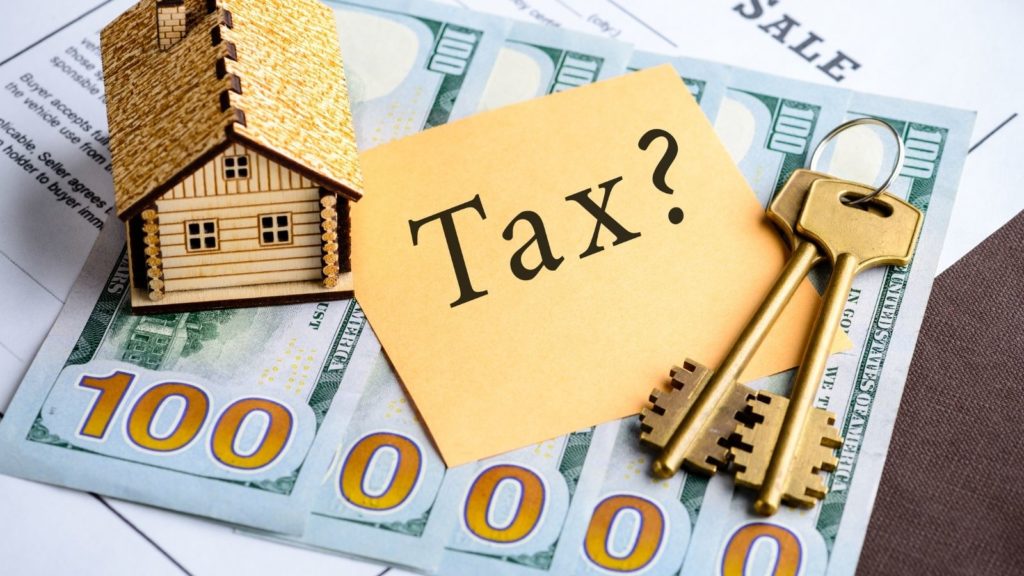
Property taxes.
Property taxes are assessed for every residential home. They are typically charged bi-annually or annually. Your local assessor’s office or other respective government agency assigns those fees.
Property tax amounts and percentages can fluctuate from year to year. Rates in Texas right now are about 1.8 percent of the home’s value. Homeowners are required to pay these taxes until their house has been sold.
In that event, you would be charged a prorated portion of the property taxes. The seller may also have to pay a prorated share of property taxes, depending on when the home is sold during the calendar year and when those taxes are typically due.
Sales tax.
Sales tax isn’t charged on the purchase of a house. However, you may be subject to capital gains taxes if you decide to sell your home. There are certain exemptions that may apply in that situation that depends on how long you’ve owned the home and your total taxable income.
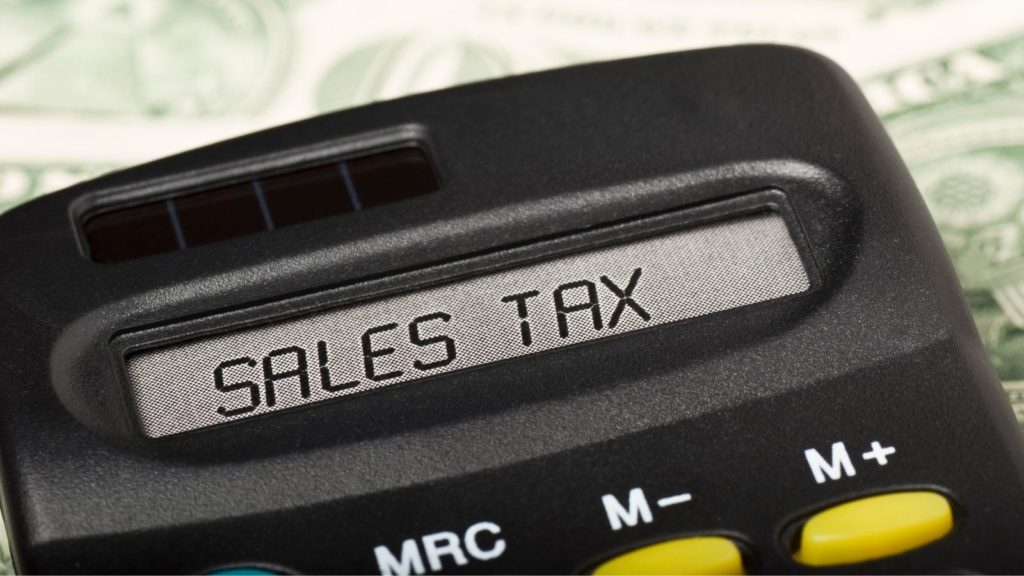
There are a few deductions that you may be able to claim on your taxes after buying a house.
Local and state tax breaks.
If you’re purchasing a house for the first time, you may qualify for a Mortgage Credit Certificate (or MCC). This exemption allows you to deduct up to $2,000 from the annual interest on your home loan. Texas residents must apply for this credit before the sale has been completed to qualify.
Mortgage interest.
Mortgage interest credits are available to home buyers who have lower than average yearly incomes. This is also referred to as a Mortgage Credit Certificate. Borrowers will need to contact their local or state government agency to determine whether or not they are eligible for this deduction. Homeowners are required to qualify for this credit by the Internal Revenue Service before they can claim it on their tax returns.
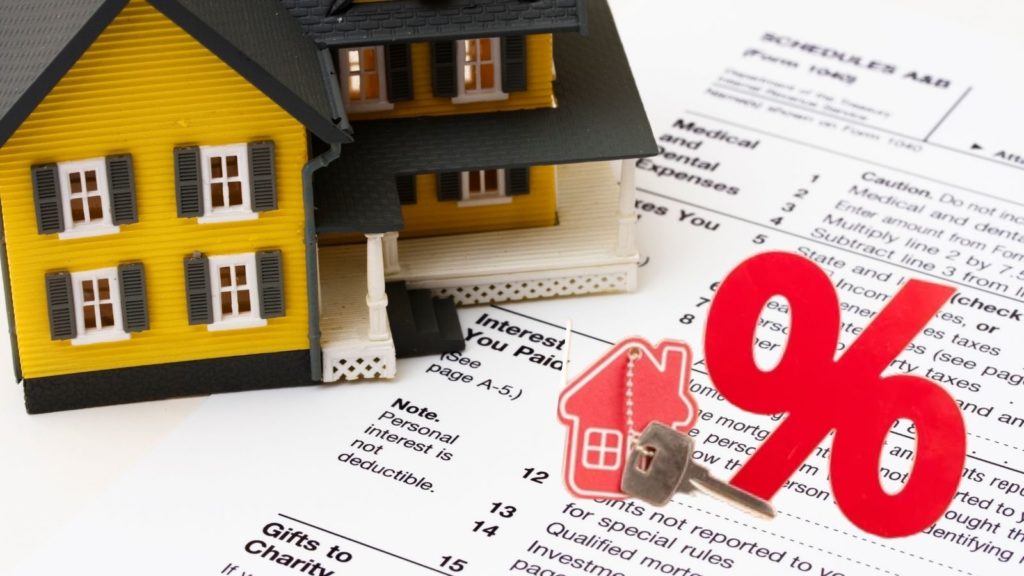
The amount of the reduction will be based on the MCC’s credit rate, which can be anywhere from ten to fifty percent. It’s a dollar-for-dollar credit. If you have questions about this credit, you can contact the respective local or state government entity or your tax preparer.
Mortgage points.
Some borrowers opt to pay mortgage points to acquire a loan to help buy their homes. These points are sold by lenders and are also known as discount points or loan origination fees. Some or all of these points may be deducted from your income taxes.
To qualify for this type of exemption, the points must have been stated explicitly on your loan documents by the lender as a part of the mortgage’s principal. The loan in question needs to be for the house that you bought, which should also be your main residence.
The points can’t have been used as substitutions for property taxes, appraisal fees or any other settlement statement charges. Another rule is that the money that you paid for closing costs and your down payment (less any points that were paid by the home seller) has to be at least equal to the dollar amount of the points that were charged by your mortgage lender.
Buyers commonly pay for mortgage points, but usually only in the same area or state where they bought a home and took out a loan for it. You shouldn’t pay a rate that’s higher than the average rate for points in that region. If you’re not able to use this exemption, you can subtract your mortgage points as prepaid interest on your taxes for as long as you hold the mortgage loan.
Conclusion
Your lender and accountant should be able to assist you with any tax-related questions that you may have when you’re thinking about buying a house. Tax rules and regulations can vary from one county to another, so feel free to read up on the local tax laws so that you understand them better. Knowing what you do and don’t have to pay right away can save you a lot of time, stress, and anxiety later on.
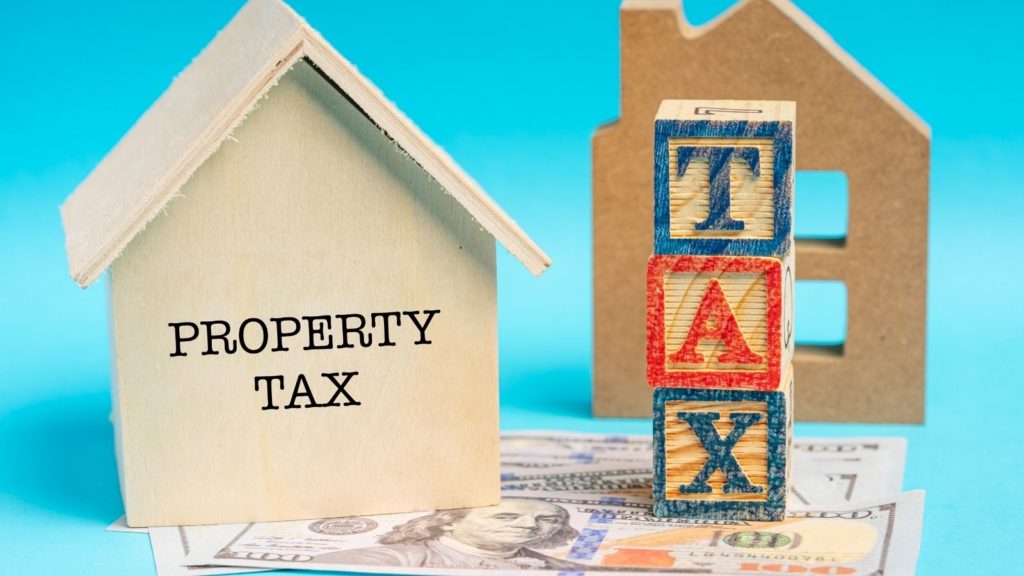
Once you’ve signed a purchase agreement, it won’t be long until your dream of homeownership becomes a reality. At closing, all final paperwork will be signed and filed. The seller will receive their payment for the net proceeds, and you’ll be given the keys to the house. You can move in as soon as you’re ready. It’s time to look forward to spending many enjoyable hours in a great place that you’ll be very pleased to call home.
Have Questions? Ask Rene!
